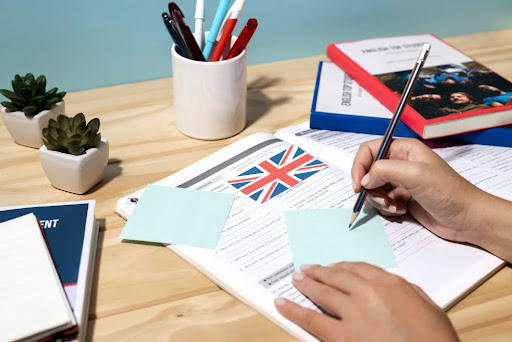There are many strategies you can use for “thinking”; one of them is mind mapping. Mind mapping is a specific method that helps you organize your ideas or thoughts by allowing you to store various details of information in your memory. What’s interesting about this method is the fact that anyone who uses it can retrieve the information they store whenever they need it.
Also known as an effective note-taking technique, mind mapping essentially aims to help you use the full potential of your brain. The method combines the functions of the left and right hemispheres of the brain to ensure information can be absorbed more easily.

The Definition
Mind mapping is an idea generation method developed by Tony Buzan based on how the brain naturally works involving its two hemispheres, so it can spark creativity in the brain. It requires you to creatively write down the ideas you come up with and the details you need to remember, forming something called a mind map. A mind map consists of a pattern of interrelated ideas with the main idea in the middle and sub-ideas or further details are depicted by branches. To make one, you usually start in the middle of the page with the main idea, and from that point, you work outward in all directions to create a growing diagram composed of keywords, phrases, concepts, facts, and figures. Mind mapping is usually used to form an impression on the brain through visual, graphic, and sensory images which show a pattern of related ideas. This method is claimed to effectively increase the ability of the brain to memorize information by combining several elements, including images, colors, and spatial settings.The Benefits

-
It helps you sort information.
-
It improves your accuracy.
-
It improves your ability to comprehend information.
-
It improves your creativity.
The Different Types of Mind Mapping
-
Syllabus Mind Mapping
-
Chapter Mind Mapping
-
Paragraph Mind Mapping
The Steps of Mind Mapping
-
Prepare the tools.
-
Determine the mind map theme.
-
Put the big theme or main idea at the center of the mind map.
-
Mark the connection between ideas.
-
Use curved lines.
-
Insert keywords.
The Examples
-
Persona Mind Mapping
-
Brainstorming Mind Mapping


